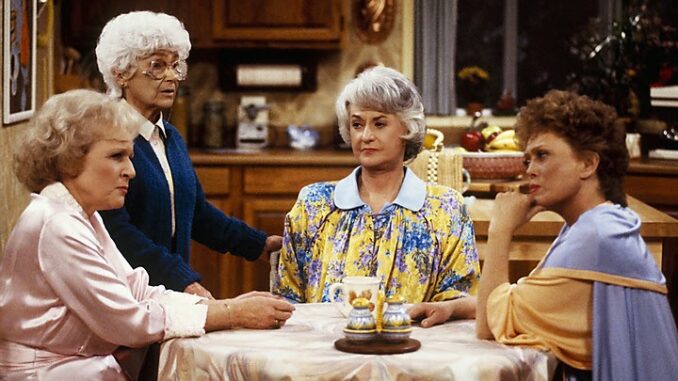
Coupling up isn’t just good for your heart, but for your wallet as well – especially as you age.
Around 47% of adults who live alone experience additional housing cost burdens, which means they spend 30% or more of their income on housing, utilities and, if applicable, taxes and insurance, according to a report by Harvard University’s Joint Center for Housing Studies (JCHS). This is significantly more than their coupled counterparts, only 21% of whom experience the same financial difficulties.

This phenomenon is similar to what’s previously been labeled the “singles tax” — a reflection of the additional costs a single person pays for necessities compared to someone living with a partner.
But the extra costs of being uncoupled, especially as an older adult, aren’t limited to housing.
“As the baby boom population ages, and with it the number of people living alone, the share of older people with cost burdens may increase,” reads the JCHS report. “Housing costs are already unaffordable to many older households, and even more will struggle to shoulder the dual burden of housing and care.”

The problem with getting older is that your body ages, too. Without a partner to help with your care, you often have to pay for extra help, such as in-home care.
However, only 13% of people aged 75 and up who live alone “could afford assisted living without dipping into assets” in 97 metros across the U.S., according to the JCHS report, and only 14% could afford daily visits from a home health aide in addition to housing costs.
So how can older singles manage the price of aging without a partner to provide assistance or split costs with?
Downsize housing and transportation
If you’re a homeowner, one way to slash housing costs across the board while pocketing extra cash is by downsizing your living situation.

Selling your home and moving into a smaller house or a condo could be a tidy way to cut down on the cost of utilities, home insurance and property taxes, while any profit from the sale can be used as an additional safety net or for investment purposes.
In addition, if you own multiple vehicles, you could cut down to just one to save on care and auto insurance costs, or if you have a high-priced vehicle, such as a sports car, you could possibly also save by downsizing your vehicle. If you’re able and want to go the extra mile, consider public transportation or simply walking as your primary means of getting around town.
